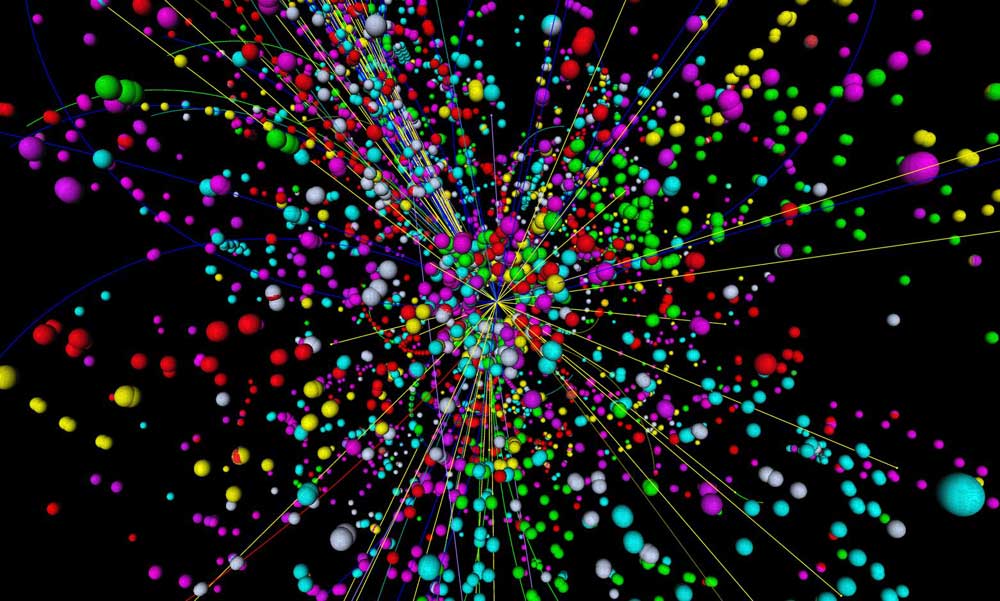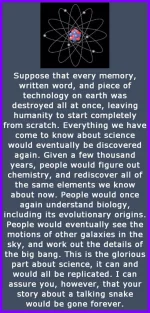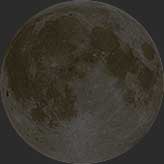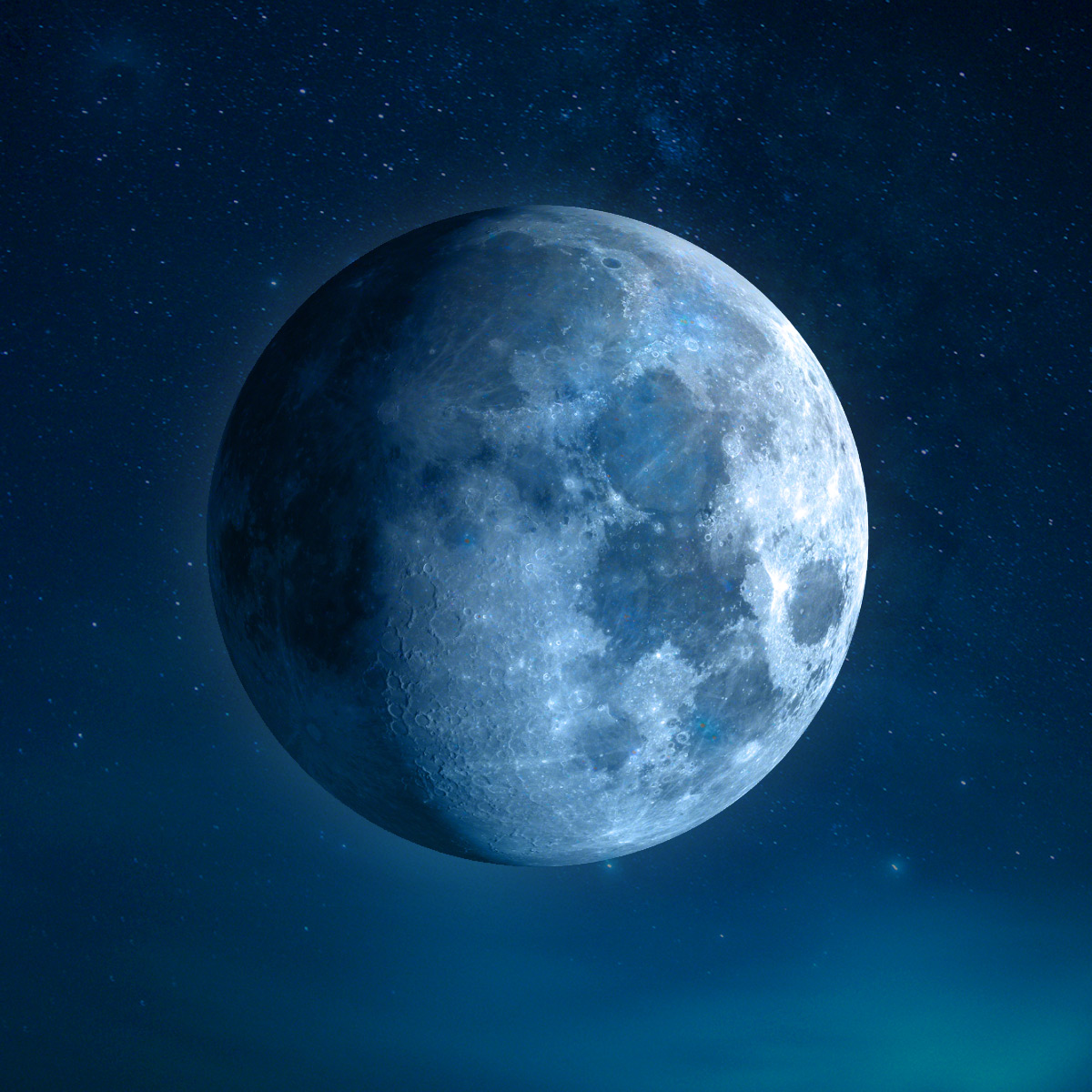- Joined
- Sep 27, 2020
- Messages
- 22,136
- Reaction score
- 19,750
- Gender
- Male
- Political Leaning
- Other
Have you ever seen a paper written that assures us the colliding of two particles at such super high speeds won't cause a kind of explosion that would wipe out a huge part of the Earth?
Will the Large Hadron Collider Destroy Earth?
News published October 26, 2012
Will the Large Hadron Collider Destroy Earth?
Whether the world's largest atom smasher will destroy Earth is just one question buzzing around on the eve of LHC's opening.

The potential for the world's largest atom smasher to destroy Earth is one question weighing on the minds of some lay people as the Large Hadron Collider (LHC) prepares to go online Wednesday.
Don't worry, say the experts, who are more concerned with whether the 17-mile-long particle accelerator underground at CERN, the European Organization for Nuclear Research near Geneva, Switzerland, will work as planned and, perhaps, reveal the existence of the so-called God particle.















